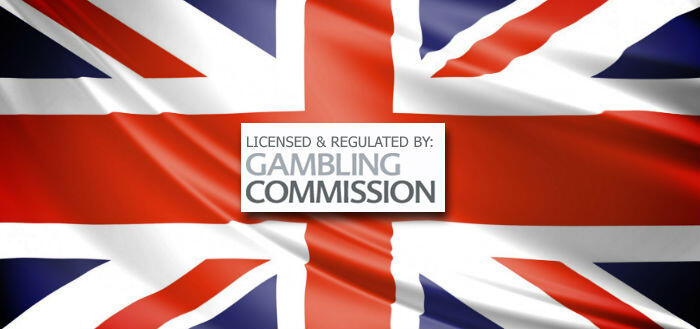GBGA challenge rejected: UK Gambling Act 2014 applies November 1

Last Friday Justice Nicholas Green gave his ruling in the High Court case between the Gibraltar Betting and Gaming Association (“GBGA”) and the UK Gambling Commission.
The GBGA was challenging the legality of the soon to be introduced Gambling (Licensing and Advertising) Act 2014 (“the Act”), which requires all online betting operators, regardless of domicile or currently held licenses, to obtain a UK remote gambling license in order to continue advertising to, and accepting bets from UK players. An accompanying bill levying a 15% point of consumption tax on operators successfully obtaining a license (“the POC tax”) was also being challenged.
The Act was due to come in to effect on October 1, but this date was pushed back by the Commission pending Justice Green’s decision. The POC tax is set to take effect from December 1.
Justice Green found in favour of the Commission and rejected all the GBGA’s assertions of illegality.
A message on the Commission’s website now reads:
“The High Court challenge to the Gambling (Licensing and Advertising) Act 2014 has been rejected. The Act comes into force on 1 November 2014”
Justice Green’s ruling
There weren’t many positives for the GBGA to take from the 96 page ruling. In boxing terms it was an early first round knockout and the GBGA will not want to step into the ring again by way of an appeal.
On their assertion that the Act was, “unlawful, because it is an illegitimate, disproportionate and discriminatory interference with the right to free movement of services“, Justice Green ruled:
“the Claimant has not established that the new regime is unlawful under EU law or domestic law. It is neither disproportionate, nor discriminatory, nor is it irrational. The new regime serves a series of legitimate objectives”
Central to the GBGA’s argument was the contention that the Act breached Article 56 of the Treaty of the Functioning of the European Union because it interfered with the right to free movement of services. Here Justice Green concluded that Gibraltar wasn’t a full EU Member and any claims to Article 56 Treaty protection weren’t valid.
“In relation to the constitutional position as between the United Kingdom and Gibraltar I have concluded that Gibraltar is NOT to be treated as the SAME member state as the UK for the purpose of Article 56 TFEU. Equally, Gibraltar is not a Member State in its own right so a restriction on trade between itself and the UK is not one on inter-Member State trade”
What now?
It’s full steam ahead for the UK’s new net gambling licensing regime. It’s hard to imagine too many operators would have been banking on the GBGA challenge being successful so the decision wouldn’t have come as a shock and upset business plans.
Most of the big names had already stated their intent to stay in the UK market and are well progressed down the path of obtaining their UK license – the Commission has received 161 license applications. Only a small handful of well known brands have declared they’ll be pulling out of the market (eg Jackpot Factory brands… AllSlots, AllJackpots and GoWild).
From a players perspective, if you live in the UK you probably won’t notice any changes. Those living outside the UK in grey markets are more likely to be effected.
Operators will have to come to terms with paying additional tax on all UK player action, and of course the UK Government will have the more enjoyable task of deciding how it’s going to spend the estimated £300 million to be earned annually from the POC.



Leave a Reply
Want to join the discussion?Feel free to contribute!